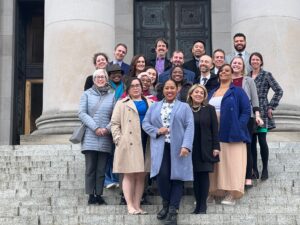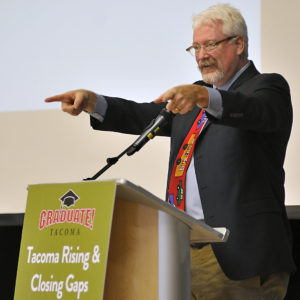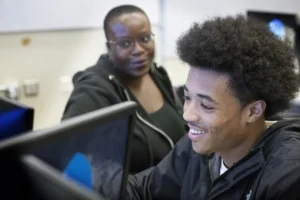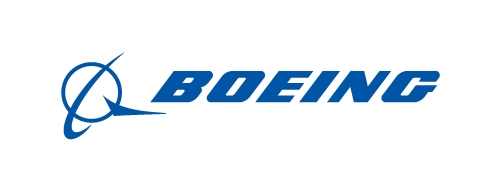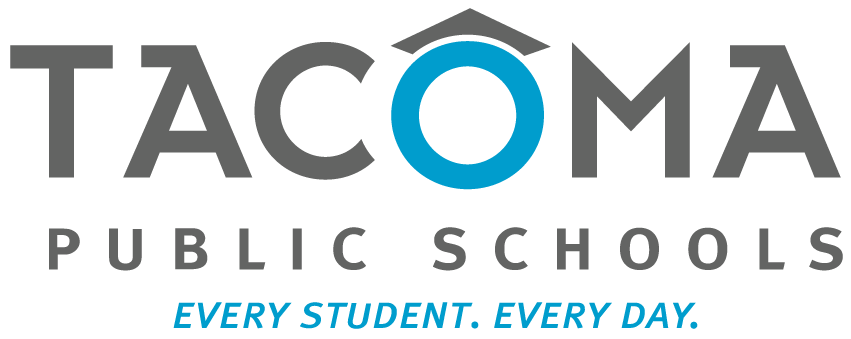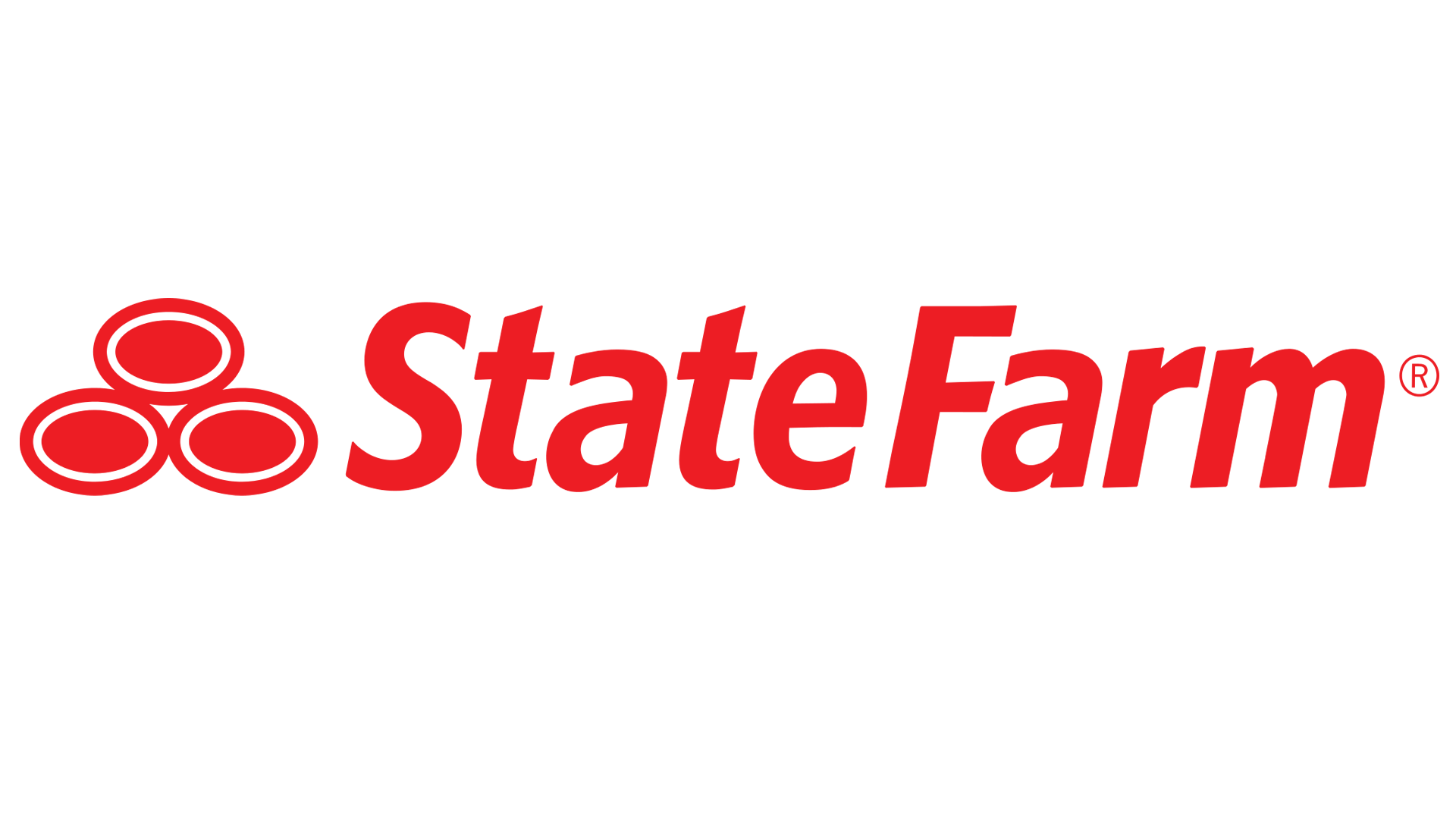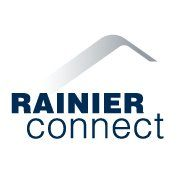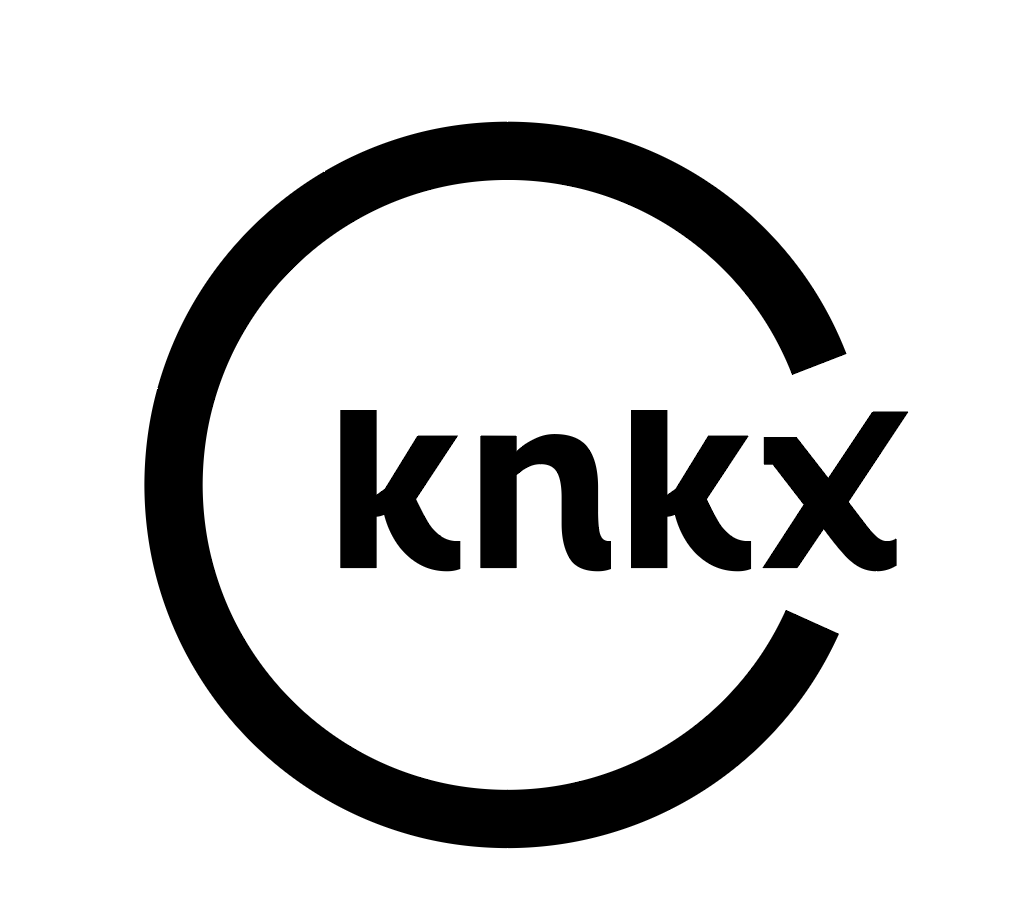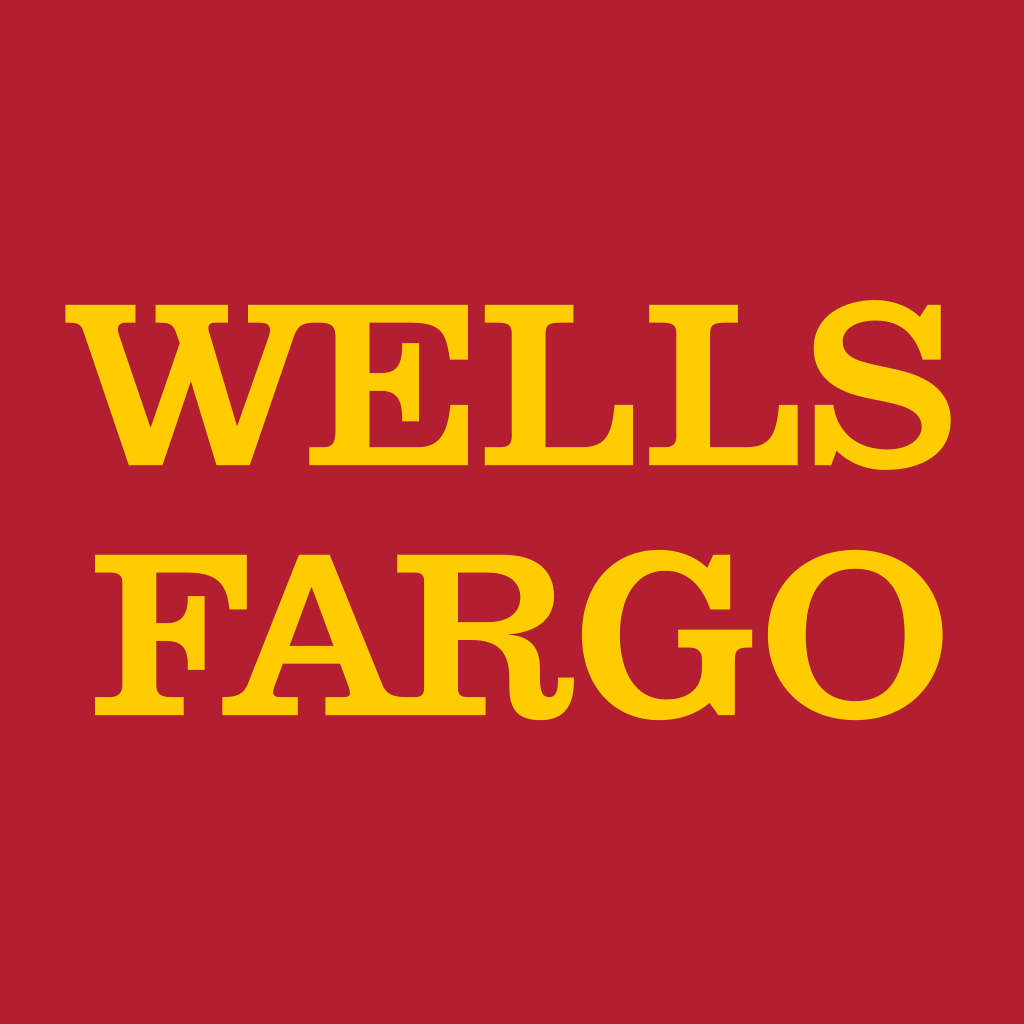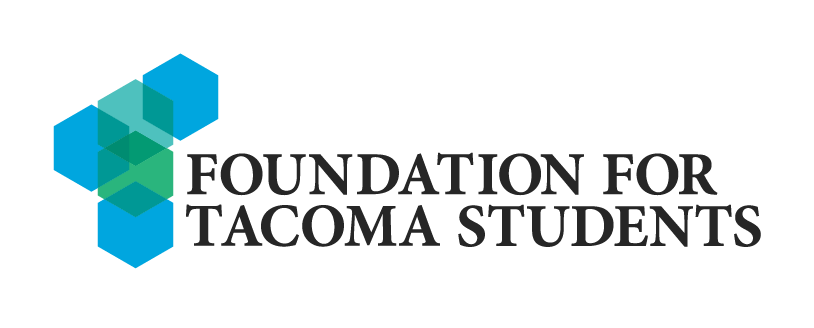While high school graduation rates have increased in Tacoma over the past nine years, postsecondary enrollment and completion rates have remained stagnant (49% and 55% respectively). Understanding the role a postsecondary education has in attaining living-wage employment, the Graduate Tacoma movement has doubled-down on its efforts to connect students seeking an education after high school with the supports they need.
Last fall, the Foundation for Tacoma Students launched an environmental scan that studied the factors most challenging to Tacoma students seeking a postsecondary education. Grounded in interviews with community nonprofits and institutions, a survey of families and youth from the TPS classes of 2014 to 2019, and a data analysis of relevant outcomes, the Foundation aims to inform strategic efforts developing through the Graduate Tacoma Community Learning Fund’s third investment area, Postsecondary Access & Completion. This investment area is focused on strengthening current community efforts to close equity gaps and increase the overall rate of Tacoma Public School graduates on a postsecondary pathway.
The following is a summary of the most important findings from our research. Click here to read the full report.
-
- 49% of TPS students enroll in college (2- or 4- year) within one year of high school graduation.
- Analyzing the rate of enrollment in a four-year direct college pathway, gaps widen most for TPS students who are performing lower academically, experiencing learning disabilities, experiencing homelessness or high mobility (especially across school district lines), who leave high school for a period of time (Opportunity Youth), and undocumented youth.
- Financial aid and the affordability of postsecondary education was raised as the biggest challenge for students, including housing, transportation, food, books, clothing, and supplies. Many prospective students do not believe they can afford to enroll, or are unable to assume that risk, despite their potential eligibility for support.
- Conditions that make it challenging to support students’ accessing a postsecondary education included Tacoma’s housing crisis and underlying economic changes, the budget cuts in TPS in 2019 that resulted in a lower allocation of school FTE to college and career counseling and no district-level lead for college and career success, and increasingly limited flexible student time to engage with their potential next steps and with partners.
- Programming is strongest in TPS’ comprehensive high schools, with some activity extending to middle schools.
- Engaging in partnerships and related initiatives were a common theme.
The Foundation has partnered with the College Success Foundation to serve as our community Postsecondary Access Intermediary. As intermediary to this issue, they will lead work to address many of the findings within this report alongside the Graduate Tacoma College Support Network and other community institutions.
Complementary Efforts
This environmental scan about postsecondary access for students complements parallel work to improve persistence and completion at postsecondary institutions through the Tacoma Completes initiative, led by Degrees of Change.
Click here to read the complementary environmental scan released in early 2019 that examines college persistence and completion.
While both scans address different elements of the postsecondary pathway, common barriers arose related to a lack of basic needs, including housing, transportation, food, and others. In order to address one of these key areas, the Foundation has partnered with the Tacoma Housing Authority to support their College Housing Assistance Program (CHAP), a program that houses homeless or near homeless college students. With additional support from Degrees of Change, the partnership has successfully aligned with UW Tacoma, Tacoma Community College and Tacoma Public Schools to provide additional subsidized housing for local college students beginning January 2020.
For more information on community work related to the postsecondary pathway overall, please feel free to contact us:
- Postsecondary Access & Enrollment: Shanna LaMar, College Success Foundation, slamar@collegesuccessfoundation.org
- Tacoma Completes (Persistence and Completion): Nalani Linder, Degrees of Change, nalani.linder@degreesofchange.org
- Tacoma College Support Network: Elvin Bucu, Foundation for Tacoma Students, ebucu@graduatetacoma.org
- To support the living costs of CHAP students, visit http://bit.ly/KozStudents to donate.


